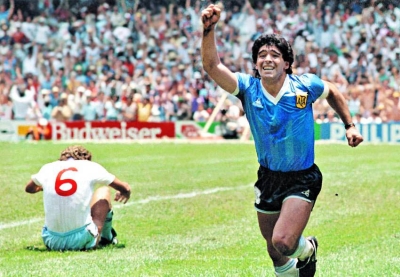THURSDAY, 30 JUNE 2016
On Monday, 12 November 2007 I jotted down two thoughts about making money. As is usually the case, I had some new insights today when I translated these notes.
This piece contains the original 2007 notes as well as the comments that I added today.
Monday, 12 November 2007
All Internet marketing and e-book sales depend on one skill, one essential element, namely to convince someone to buy something.
30/06/2016:
This idea seems to refer to the skill that some people have to sell a proverbial block of ice to a resident of the North Pole. This is the wrong way to look at it. The idea is that you should find someone desperate for that block of ice, and then you make it available to him at a reasonable price; or you notice a particular group’s urgent need for regular deliveries of blocks of ice, and then you figure out a way to make those deliveries at a cost that leaves plenty of room for profit. No superior talent is required to sell the right product to the right market.
* * *
Monday, 12 November 2007
What is the difference between sports bettors and financial traders who are mostly on the losing side at the end of the day, and people who make a living with it?
The losers have no system, or the approach they use is not built on a solid idea or on reliable statistics. Long-term winners are also patient. They wait until an optimal opportunity arises. And even then they only risk a small percentage of their capital.
What are these opportunities? How much capital is needed to start? How much should you risk? What do you do when a “gamble” ends profitably for you? What do you do when it ends in a loss?
Answering these and other questions depends on where you plan to take your calculated risks. Knowing what to do also requires thorough research; you need to spend enough time devising a strategy, and you need the discipline to stick to your plan when you hit that first rough patch.
30/06/2016:
I used to think the professional sports bettor is a highly skilled predictor of sports results. The fact of the matter is, the person who makes a living with sports betting is someone who looks for value in the available price compared to the reasonable probability of a particular outcome.
One example: If there are fifty red marbles in a bag and fifty green marbles, the probability of pulling out a green one is fifty percent. If someone offers you odds of $1.01 for every $1 you bet, you don’t think twice – you bet on, say green every time, and over the course of a hundred bets you will end up with a loss of $50 and a profit of $50.50 (in theory it could be more because you may pull the fiftieth marble from the bag after ninety rounds).
So the professional sports bettor does not necessarily try to look for a winner – every player and every team wins at some point, and everyone loses eventually; what they do is to identify value in the available prices.
______________________
